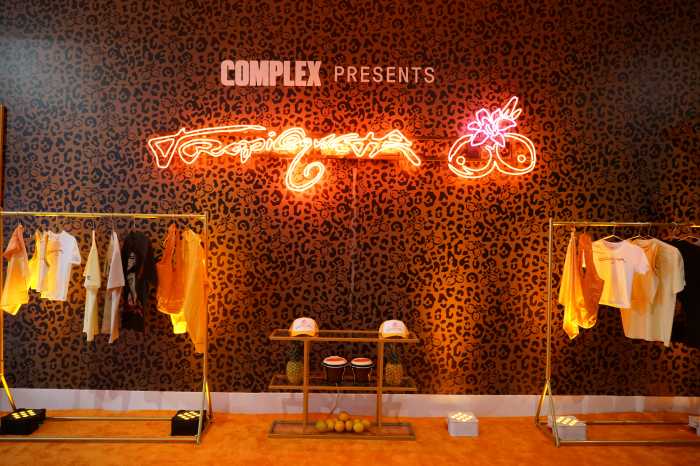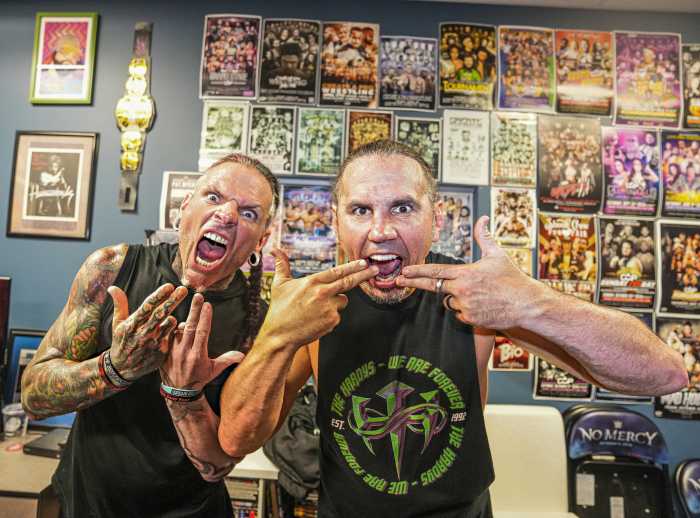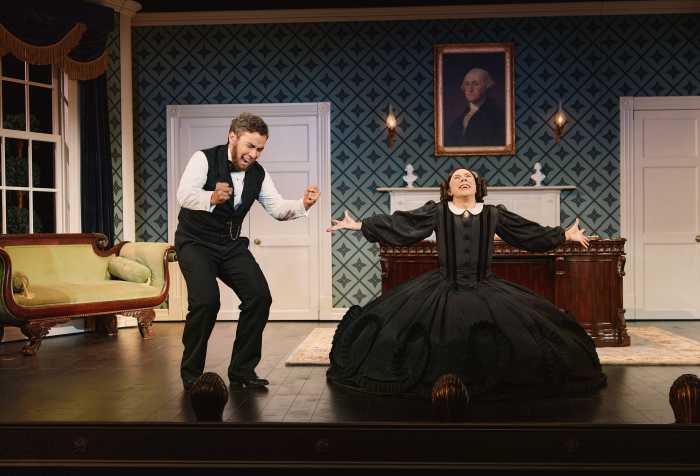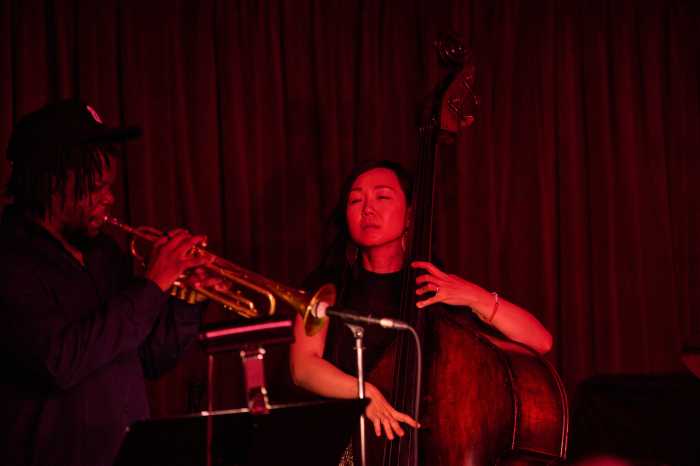
‘Judy’
Directed by Rupert Goold
Starring Renée Zellweger, Finn Wittrock, Jessie Buckley, Rufus Sewell, Michael Gambon
Rated PG-13
There is one urgent reason to see "Judy," a new film about the last months of Judy Garland’s life, and that is to experience Renée Zellweger’s performance as the icon.
Zellweger doesn’t just offer her own slant on the figure. She embodies her so fully and with such resolute commitment to totally disappearing into the part, that it is as if the real person has returned before our eyes.
It is rich, layered work characterized by vulnerability and power, offering a familiar sense of who this 20th century giant was while presenting subtle but meaningful revelations about the burdens she carried.
Zellweger also does her own flawless singing and is no less convincing as the familiar sight of Judy onstage than she is behind the scenes.
Director Rupert Goold ("True Story") and screenwriter Tom Edge adapt "End of the Rainbow," a play by Peter Quilter that tells the story behind Judy’s series of concerts at Talk of the Town in London in 1969, just months before her death.
It shows us a Judy that is a survivor of fame’s grueling rigors: a lifetime of being manipulated and objectified, and becoming increasingly broken down by those burdens. Alcohol and pills are a consistent presence in her life; she can’t get hired in Hollywood and the hotel she’s staying in kicks her out with her kids at the beginning of the movie.
But she’s also a proud, resolute woman; a devoted mother who wants to do right by her children; a wife who sees a future in her fifth husband Mickey Deans (Finn Wittrock) and a consummate professional. But all of this is terribly threatened by her declining condition.
The filmmaker constructs a world around his star that largely serves as a platform for her performance. "Judy" therefore has an occasional tendency to drift into straightforward, paint-by-numbers territory, where Zellweger is the whole show and the rest can feel like a facsimile of other celebrity biopics.
But Goold establishes the picture’s distinct identity in the way he captures flashbacks to a young Judy (Darci Shaw) during production of "The Wizard of Oz," being told what she can do, where she can go, and even what she can eat by a studio apparatus that also drugged her.
These moments, which haunt the Judy we have come to know decades later and which Zellweger carries as an evident burden, are captured with an eerie, off-kilter sensibility that feels like a nightmare occurring just around the corner from big-screen magic.
Incorporating this seminal period does more than just contextualize the downward trajectory decades later. It inspires significant questions about how we process a difficult and uncomfortable truth: The road to achieving cinematic magic has often been paved with off-screen abuses, creating an increasingly wide gulf between the figures we see on the grand, silver screen and the people behind them.




































